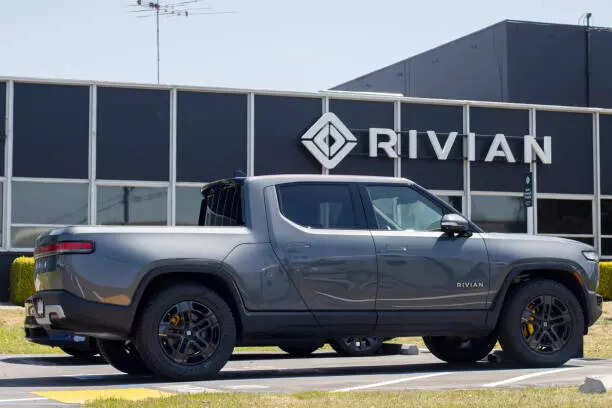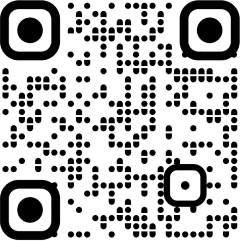Read by: 100 Industry Professionals

Electric vehicle maker Rivian said on Tuesday it has agreed to adopt Tesla’s charging standard, giving Rivian customers access to the biggest U.S. charging network and adding momentum to Tesla’s bid to set the industry standard.
Customers of Rivian, which has its own small network of fast chargers, will be able to access 12,000 Tesla Superchargers with adapters in the United States and Canada as early as spring 2024, the company said. Rivian also said it will make a Tesla-style charging port standard on its vehicles starting in 2025.
Tesla has struck comparable deals in recent weeks with General Motors and Ford. While other automakers get access to Tesla’s charging network, Tesla stands to profit from selling power to a bigger group of electric vehicle drivers.
Shares of Irvine, California-based Rivian rose as much as 6.6% on Tuesday before paring some gains to trade up 4%. Tesla shares, which are up more than 40% since late May when the leading U.S. electric carmaker announced its deal with Ford, were also up 4%.
“It’s game, set, match for Tesla owning the EV charging infrastructure of the U.S. in the future,” said Dan Ives, an analyst at Wedbush Securities. “Their first move advantage is helping them big time in this EV arms race.”
Automakers need access to reliable charging to allay customers’ fears of being stranded when a battery runs out of power, but most, with the exception of Tesla, have stayed away from building their own networks.
Installing a network of chargers – and maintaining them – requires substantial investment for still-limited returns because of the relatively small number of EVs automakers other than Tesla have on the road, analysts have said.
Tesla’s Superchargers account for about 60% of the total fast chargers available in the United States, according to the U.S. Department of Energy.
Services and other revenue, which includes the fees for using Tesla’s Superchargers, made up just under 10% of revenue in the past quarter. The company does not break out charging revenue alone.
Rivian CEO RJ Scaringe said in a statement the deal would let buyers of Rivian electric pickup trucks and sport utility vehicles “leverage Tesla’s expansive Supercharger network.”
Tesla has made major strides in displacing a rival standard known as the Combined Charging System (CCS) that had the earlier backing of President Joe Biden’s administration, which is offering USD 7.5 billion in funding to speed the deployment of EV chargers in the United States.
Qualifying for some of that federal money had required Tesla to open up its network for charging.
Tesla’s charging standard had been proprietary until November, when it made the design and specifications public and rebranded the technology as the North American Charging Standard (NACS).
“It’s great to see the industry coming together to adopt the North American Charging Standard,” Tesla’s senior director of charging infrastructure, Rebecca Tinucci, said in a statement.
Manufacturers and operators of CCS chargers such as ABB E-mobility North America, a unit of Swiss industrial firm ABB, Tritium DCFC, EVgo and FreeWire have raced to announce the addition of NACS plugs to their charging stations since the Ford and GM announcements.
Rivian, which makes the R1T pickup truck and the R1S SUV, will continue to expand its own charging network, the company said. The company had previously said it plans to build more than 3,500 charging stations.
China, the world’s largest market for electric vehicles, has its own charging standard. Automakers in Japan such as Toyota and Nissan have pushed another standard known as CHAdeMo.

